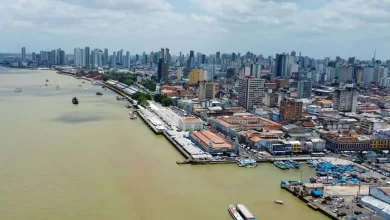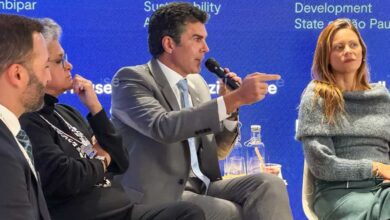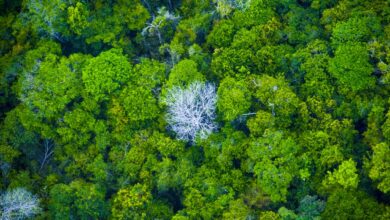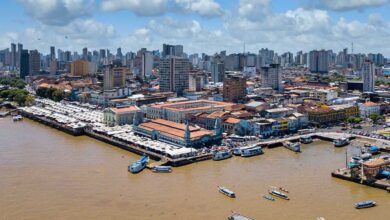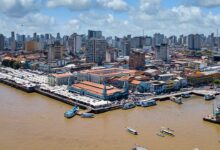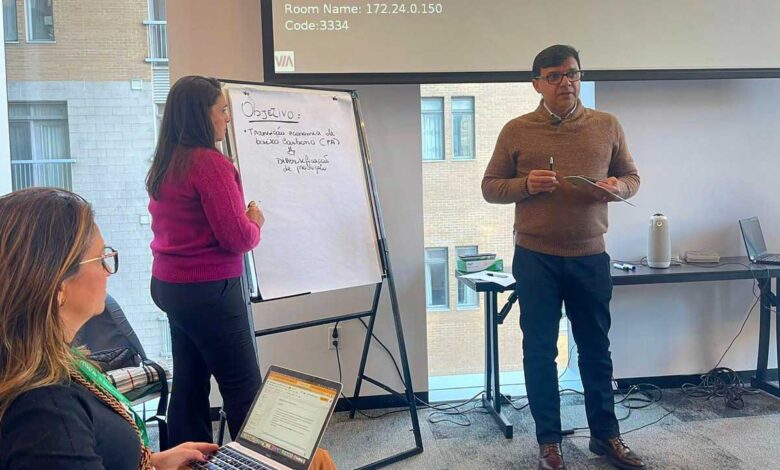
Pará experience is presented as a guide in the elaboration of the National Bioeoconomy Plan
The contributions will be systematized and then forwarded to the Federal Government by the Brazil Coalition
Representatives from the State of Pará participated this Saturday (10) in a construction workshop organized by The Nature Conservancy to expose the experience acquired in the elaboration process of the State Bioeconomy Plan, as well as to present its final result. The expertise achieved by Pará, which became one of the first subnational governments in Latin America to build a Bioeconomy Plan, was presented in order to guide the construction of the National Bioeconomy Plan.
Several actors who participated in the workshop discussed what are the elements, the challenges, and the opportunities for the construction of a national bioeconomy policy. The holder of the Pará State Environment and Sustainability portfolio, Mauro O’de Almeida, presented the objectives and guidelines of PlanBio Pará.
“The Pará Bioeconomy Plan was presented to serve as inspiration, to kick-start the debate on what will be necessary to build a national bioeconomy policy. The founding elements, objectives, guidelines, and challenges for the construction of a national bioeconomy policy were presented,” he informed.
After sharing the information, the contributions will be systematized and then forwarded to the Federal Government. Also participating in the constructive workshop for the state of Pará was the Secretariat’s Director of Climate Change, Environmental Services and Bioeconomy, Camille Bemerguy.
PlanBio Pará – The Bioeconomy Plan has 92 actions that cover three distinct axes, namely: Productive Chains and Sustainable Businesses; Cultural Heritage, Genetic Heritage and Associated Traditional Knowledge, and Research, Development and Innovation. Planbio is a public policy that was built in a multi-sectorial way and under the coordination of the State Secretariat of Environment and Sustainability (Semas) and anchored in the State Policy for Climate Change (PEMC), being also one of the components of the low carbon socio-economic development axis of the Amazônia Agora State Plan (PEAA).
COP 15 – Until December 19, environmental leaders will meet to draw up measures to protect the world’s terrestrial and marine ecosystems and raise funds to finance these conservation efforts. In all, delegates from some 190 countries are attending the meeting.
Among the many issues to be negotiated at COP15 will be proposals dealing with infrastructure, agriculture, invasive species, pesticides, the role of business, and government subsidies that harm the environment. Negotiators also aim to reach agreements on financing biodiversity (including dividing the costs between rich and developing countries), honoring indigenous leadership, and valuing nature’s contribution to humanity.
With information from the Agência Pará


